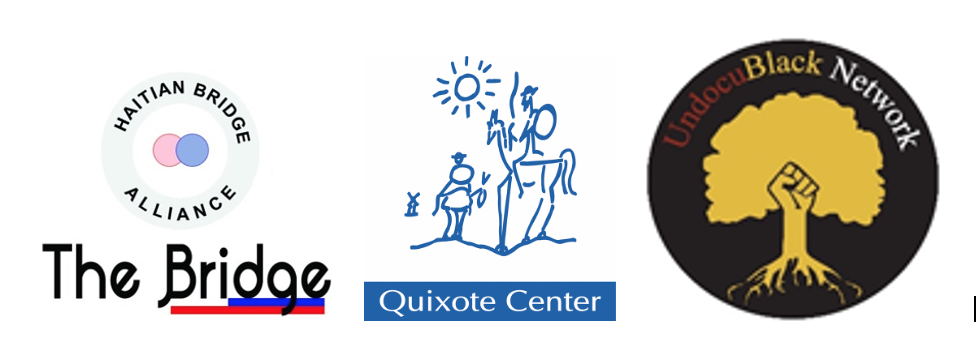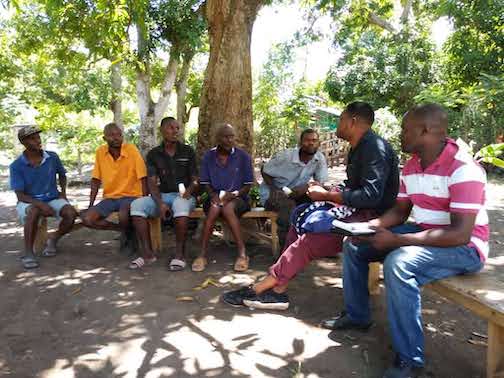Biden must halt expulsions to Haiti
Yesterday morning I had two messages on Haiti in my inbox. One noting that the 27th removal flight to Haiti since February 1, 2021 was scheduled to land in Port-au-Prince later that afternoon. The other message was about a gang attack in the Marin 26 neighborhood in Croix-des-Bouquets not far from the airport in Port au Prince. On Wednesday this week (April 7), three young men were shot and at least one of them beheaded.




